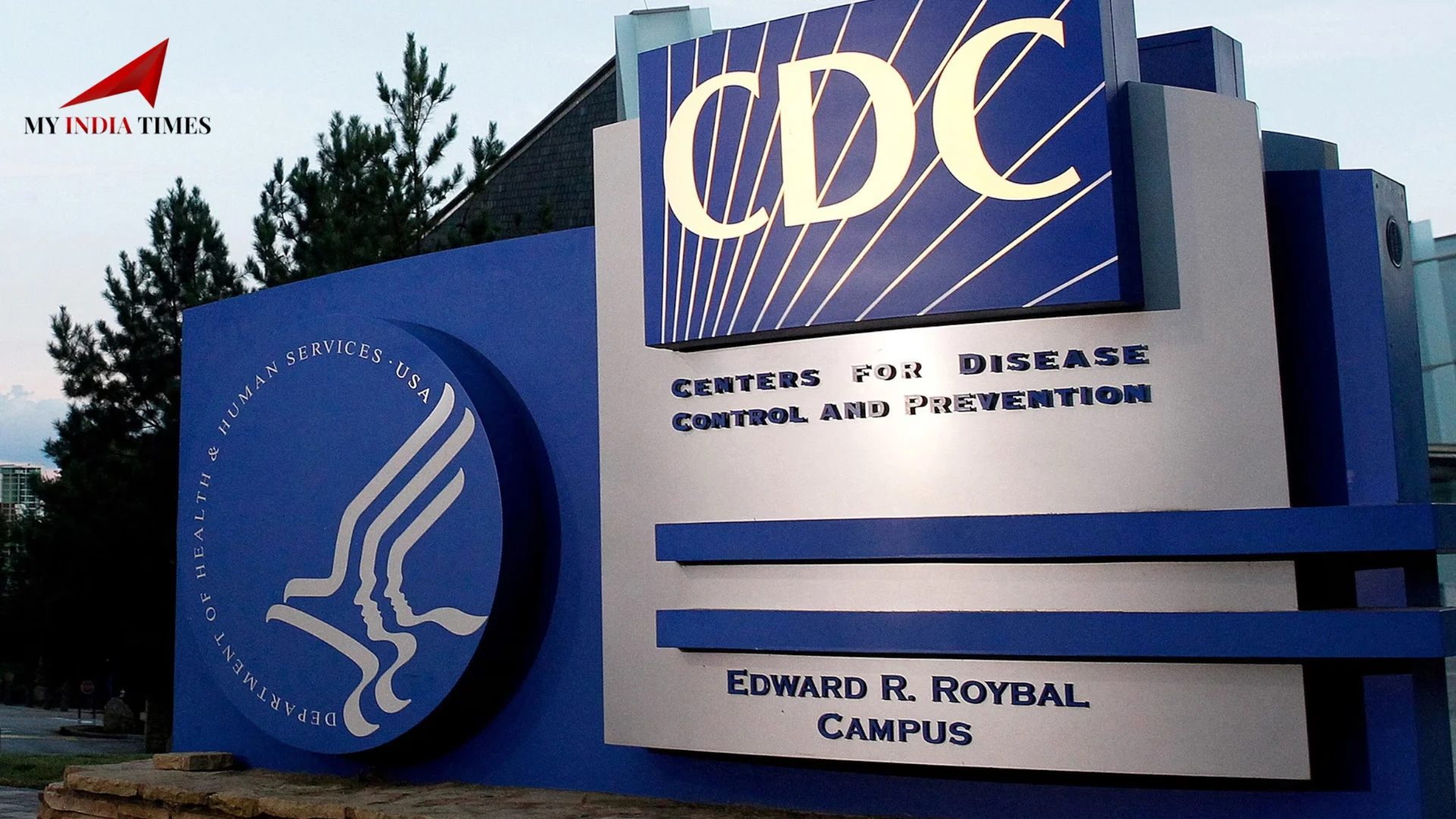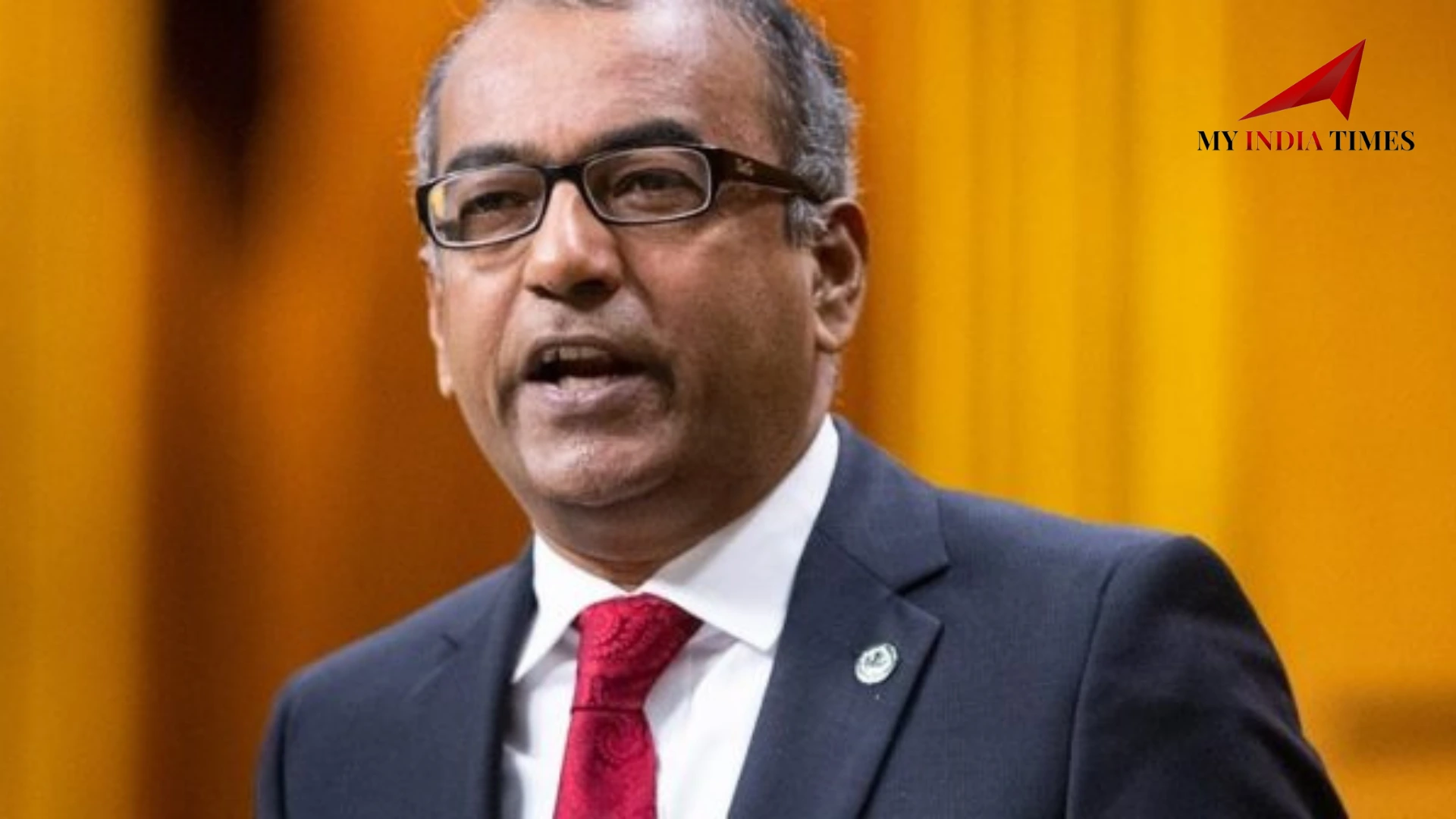Home / editorials / Activism Starts with Awareness: Read Local News and Fight Local Fights
Activism Starts with Awareness: Read Local News and Fight Local Fights
By: My India Times
3 minutes read 45Updated At: 2025-02-13

Local news serves as the foundation of an informed community. While national and international news often commands significant attention, it is local narratives that have a direct impact on individuals' everyday experiences. Concerns such as public transportation, housing regulations, educational reforms, and environmental issues are fundamentally tied to local governance. By engaging with and staying updated on local news, community members can become informed and initiate constructive actions within their locales. Supporting local journalism is essential to ensure that critical matters are given the prominence they warrant, thus enabling citizens to hold their leaders accountable.
Grassroots Movements and Their Impact
Grassroots movements serve as the catalyst for numerous societal transformations. Typically originating at the community level, these initiatives are driven by dedicated individuals who are committed to addressing local challenges. For instance, organizations advocating for grassroots initiatives in Missouri significantly influenced the repeal of the state’s abortion ban and the enhancement of minimum wage standards. The achievements of these movements highlight the efficacy of collective effort and local participation. Without local activism, many policies that directly affect communities might go unchallenged.
The Role of Educational Institutions
Educational institutions play a pivotal role in fostering local activism. By encouraging students to engage with community issues, they cultivate a sense of responsibility and empowerment. For example, during the '16 Days of Activism' campaign against gender discrimination, students from various colleges in Lucknow organized photo exhibitions, poster displays, and poetry readings to raise awareness about gender stereotypes and domestic violence. Such initiatives not only educate participants but also motivate others to take action. Universities should enhance access to local news outlets, ensuring that students remain well-informed about issues impacting their communities.
Challenges Faced by Local Journalism
Local journalism is facing an existential crisis due to declining revenues and the dominance of national media. Many regional newspapers have been forced to shut down or significantly reduce their coverage, leaving communities with limited access to reliable information. In St. Louis, for example, major national publications rarely provide in-depth coverage of local issues. This gap in reporting leads to a lack of awareness and civic engagement. Supporting local media through subscriptions, donations, and advocacy is crucial to preserving the integrity of local journalism.
Local Policies and Their Immediate Effects
Local policies have a direct impact on the lives of residents. From zoning laws to education budgets, these decisions shape the quality of life in a community. In Missouri, recent legislative proposals have sought to exempt private employers from implementing minimum wage increases and restrict access to gender-affirming healthcare for transgender youth. These policies affect thousands of residents, making it essential for people to stay informed and actively participate in local governance. Being aware of local policies enables citizens to advocate for fair and just laws that benefit their communities.
The Importance of Civic Engagement
Civic engagement is the cornerstone of a functioning democracy. Attending town hall meetings, voting in local elections, and participating in community discussions are essential steps in making a difference. Many people underestimate the power of local elections, yet these decisions often have a more immediate impact than national ones. When citizens actively engage with their local government, they help shape policies that align with their community’s needs. Encouraging more people to get involved can lead to more transparent and accountable governance.
The Need for Accessible Local News
Access to local news should not be a privilege but a right. Universities and institutions can play a significant role by subsidizing subscriptions to local newspapers and making regional news more accessible to students and faculty. For instance, while WashU provides access to national publications like The New York Times and The Wall Street Journal, local newspapers such as the St. Louis Post-Dispatch remain behind paywalls. Ensuring free access to local journalism would foster a more informed student body and strengthen community engagement.
How to Get Involved
Getting involved in local activism does not require grand gestures; even small steps can make a significant impact. Subscribing to local newspapers, attending public forums, and supporting community initiatives are all effective ways to stay engaged. Organizations such as the Missouri Abortion Fund, ArchCity Defenders, and STL Mutual Aid work tirelessly to support local communities. Volunteering, donating, or spreading awareness about these organizations can contribute to meaningful change. Being proactive in local affairs strengthens democracy and enhances the well-being of society as a whole.
....
Local news serves as the foundation of an informed community. While national and international news often commands significant attention, it is local narratives that have a direct impact on individuals' everyday experiences. Concerns such as public transportation, housing regulations, educational reforms, and environmental issues are fundamentally tied to local governance. By engaging with and staying updated on local news, community members can become informed and initiate constructive actions within their locales. Supporting local journalism is essential to ensure that critical matters are given the prominence they warrant, thus enabling citizens to hold their leaders accountable.
Grassroots Movements and Their Impact
Grassroots movements serve as the catalyst for numerous societal transformations. Typically originating at the community level, these initiatives are driven by dedicated individuals who are committed to addressing local challenges. For instance, organizations advocating for grassroots initiatives in Missouri significantly influenced the repeal of the state’s abortion ban and the enhancement of minimum wage standards. The achievements of these movements highlight the efficacy of collective effort and local participation. Without local activism, many policies that directly affect communities might go unchallenged.
The Role of Educational Institutions
Educational institutions play a pivotal role in fostering local activism. By encouraging students to engage with community issues, they cultivate a sense of responsibility and empowerment. For example, during the '16 Days of Activism' campaign against gender discrimination, students from various colleges in Lucknow organized photo exhibitions, poster displays, and poetry readings to raise awareness about gender stereotypes and domestic violence. Such initiatives not only educate participants but also motivate others to take action. Universities should enhance access to local news outlets, ensuring that students remain well-informed about issues impacting their communities.
Challenges Faced by Local Journalism
Local journalism is facing an existential crisis due to declining revenues and the dominance of national media. Many regional newspapers have been forced to shut down or significantly reduce their coverage, leaving communities with limited access to reliable information. In St. Louis, for example, major national publications rarely provide in-depth coverage of local issues. This gap in reporting leads to a lack of awareness and civic engagement. Supporting local media through subscriptions, donations, and advocacy is crucial to preserving the integrity of local journalism.
Local Policies and Their Immediate Effects
Local policies have a direct impact on the lives of residents. From zoning laws to education budgets, these decisions shape the quality of life in a community. In Missouri, recent legislative proposals have sought to exempt private employers from implementing minimum wage increases and restrict access to gender-affirming healthcare for transgender youth. These policies affect thousands of residents, making it essential for people to stay informed and actively participate in local governance. Being aware of local policies enables citizens to advocate for fair and just laws that benefit their communities.
The Importance of Civic Engagement
Civic engagement is the cornerstone of a functioning democracy. Attending town hall meetings, voting in local elections, and participating in community discussions are essential steps in making a difference. Many people underestimate the power of local elections, yet these decisions often have a more immediate impact than national ones. When citizens actively engage with their local government, they help shape policies that align with their community’s needs. Encouraging more people to get involved can lead to more transparent and accountable governance.
The Need for Accessible Local News
Access to local news should not be a privilege but a right. Universities and institutions can play a significant role by subsidizing subscriptions to local newspapers and making regional news more accessible to students and faculty. For instance, while WashU provides access to national publications like The New York Times and The Wall Street Journal, local newspapers such as the St. Louis Post-Dispatch remain behind paywalls. Ensuring free access to local journalism would foster a more informed student body and strengthen community engagement.
How to Get Involved
Getting involved in local activism does not require grand gestures; even small steps can make a significant impact. Subscribing to local newspapers, attending public forums, and supporting community initiatives are all effective ways to stay engaged. Organizations such as the Missouri Abortion Fund, ArchCity Defenders, and STL Mutual Aid work tirelessly to support local communities. Volunteering, donating, or spreading awareness about these organizations can contribute to meaningful change. Being proactive in local affairs strengthens democracy and enhances the well-being of society as a whole.
By: My India Times
Updated At: 2025-02-13
Tags: editorials News | My India Times News | Trending News | Travel News
Join our WhatsApp Channel








































































































.png)
 (1).png)























